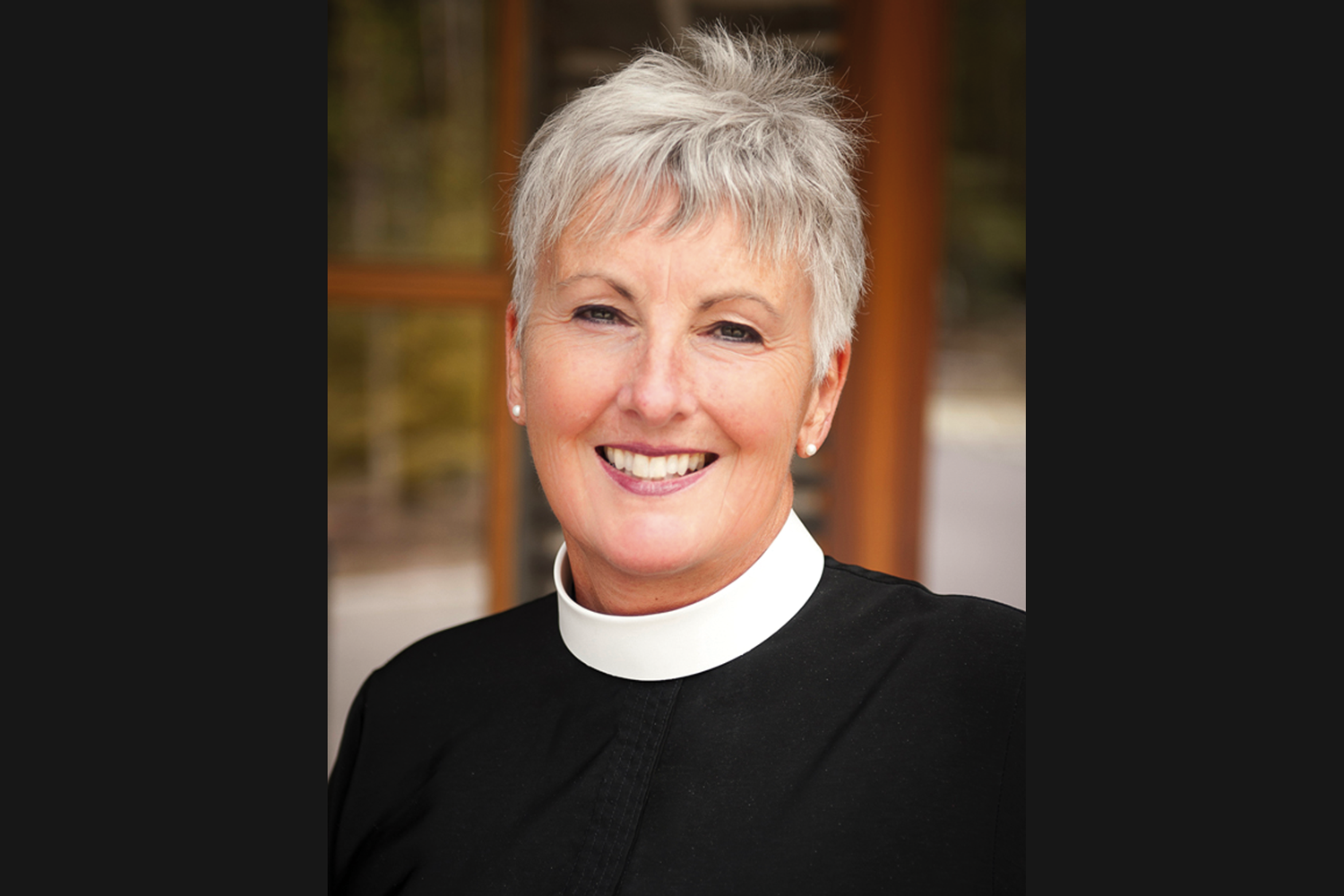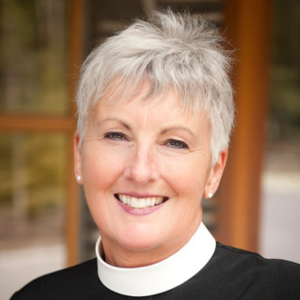It is often said that ministry is like an iceberg: 90 per cent of it is beneath the surface. In my role as diocesan administrator, I have come to believe that the same is true of the work of our synod office staff. Over the past nine months, I have had the opportunity to observe their work at close range. Here is some of what I saw.
A lot of what our staff do is to provide advice and assistance concerning problems faced by individual parishes. These problems may be related to financial difficulties, to property concerns, to the recruitment and deployment of clergy or other staff and – sadly – to resolving disputes and dissatisfactions. Much of this work is delicate or confidential; most Anglicans would be (and should be) unaware of it. But it is happening. Every day.
A long-departed archbishop of Toronto once quipped, “No problems: no jobs!” While this is true, it would be a mistake to think this is the most important aspect of the work we entrust to our diocesan staff. They also work as proactively as possible to help us find ways to implement our diocesan vision. This is leadership. Again, much of this has been “out of sight” during the pandemic, but it has continued during COVID.
One webinar series on living out our covenant of baptism focused directly on our commitment to lay leadership and ministry formation. Another, on re-imagining church in our changing culture, introduced participants to emerging models of ministry. Yet a third project has been the establishment of a much-needed conversation and support group called Bon Appetit for our newer clergy. All these projects fall under the umbrella of “faith in formation.”
Under the rubric of “faith in action,” our ministry resettling refugees is second to none, and the need continues to grow. Our refugee coordinators, even working flat out, cannot keep up with the demand. Currently, we have a wait-list of 350. This is also an area where we are collaborating successfully with people of all faiths and none – a clear example of “engaging God’s world.”
The third major emphasis in our diocesan vision is “faith in foundation.” These are the things that simply must be done by our diocesan staff if we are to function in good order, and to remain in compliance with such agencies as the CRA, or our insurers. They include the administration of payroll and benefits; negotiating insurance and managing claims; remittances to vendors, grantees and the national church; banking and financial reporting; the administration of our electronic collection plate; and so on.
On top of all this, COVID-19 has placed extraordinary demands. Our finance officer has spent countless hours following changing developments in the Canadian Emergency Wage Subsidy (CEWS) and preparing our applications for assistance. Other staff produced and communicated our diocesan COVID-19 safety protocols, pivoting quickly and good-naturedly each time the rules changed.
During our visioning process, we heard the need for consistent, timely, accessible and high-quality communications. This has seldom been more important than it is now. A year ago, who could have imagined electing a bishop electronically? But we did it, and flawlessly. Or conducting the business of the diocese on Zoom? Or helping parishes to put worship online? Our communications department has helped us adapt to the restrictions and opportunities COVID-19 has placed upon us.
I want finally to recognize the respect paid to our diocesan staff by the rest of the Anglican Church of Canada. Their competence has put us on the “mattering map” – and we should be grateful and proud to know that Gail Gauthier, Barry Foster, Catherine Pate and Brendon Neilson have all been tapped to assist the church national with the “big questions” currently facing us.
Much of this work goes unseen, but like an iceberg, the strength and solidity of our church, and our capacity to be faithful ministers of the gospel, is rooted in what lies beneath the surface. We owe our synod office staff our gratitude and admiration.




